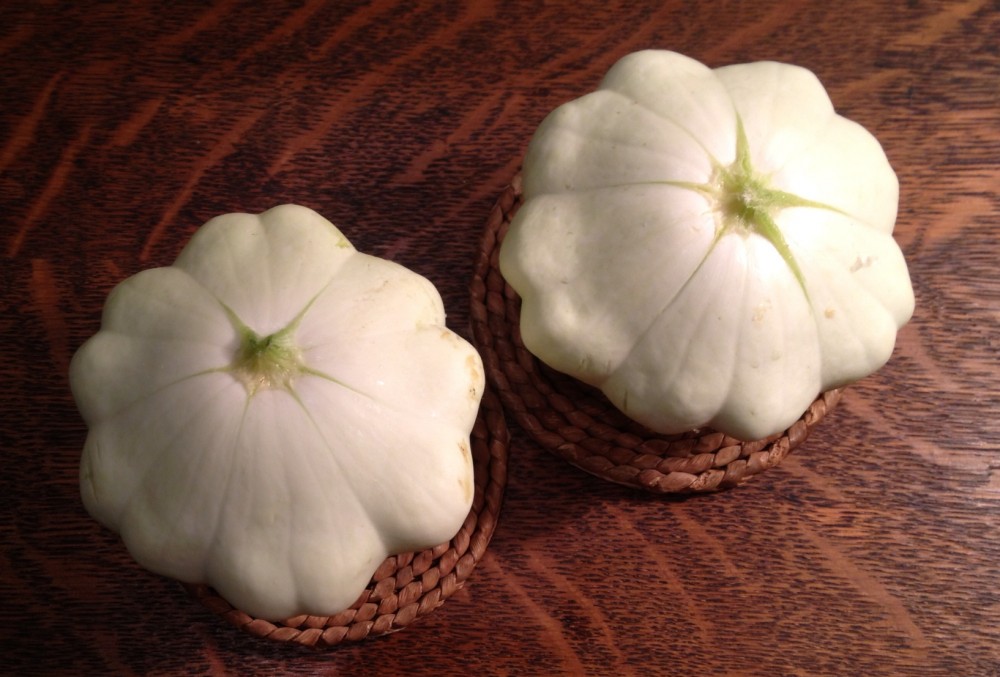“Terra Incognito” is by definition “an unknown or explored place.”
A fuller explication of the term might be: “An isolated, inhospitable, difficult-to-reach, and not-particulary-entertaining-when-you-manage-somehow-to-get-there piece of real estate generally reserved on first appearance for those who have lost their way and subsequently sought by brave souls aware of the legendary location and desiring the special adventure of standing on the most inaccessible landing spot on terra firma.”
Bouvet Island is that spot.
If you study a map of the Southern Hemisphere and you put your finger on a dot in the middle of the great Southern Ocean, about as far away as you can get from any land, roughly equidistant from the tip of South America, the tip of Africa and the top of Antarctica, just there — in the middle of nowhere, and you transport yourself to stand on the bow of a vessel plying those treacherous waters, and you raise your binoculars and focus hard at a distant spec on the horizon as it grows into a cold piling of white glaciated ice and black volcanic rock, where it lifts its ragged head above the frothy caps of the frigid waves, you will have spotted the last lonely island.
For the planet bound, Bouvet Island is the last of terra incognito.
Beyond Bouvet, there are only the stars.
Few sailors have ever sited Bouvet Island. For a long time, none were able to make a landing. From the garbled maritime reports, a very few focused adventurers managed to circumnavigate its waters. The Norwegians were arguably the first to wash ashore. In any event, Norway had the most credible claim of first siting, stepping onto and claiming sovereignty over the mysterious island. With only small argument, the other adventurous souls said, “Let it be yours.” The island is today a dependent territory of Harald the 5th of Norway.
Temperatures on the Isle of Bouvet seldom inch above freezing. The nights are colder and lonelier. There are no trees, no grass and no land animals. At times, lichen and moss appear through the snow, before the smallish plants return to their hiding places. Certain seafaring birds and visiting seals have acquired a passing fondness for the place.
In recent years, Norway constructed a weather station on the island. Even with assistance from the navy, few people make it ashore. The island is a monstrously difficult place to reach, land and stand upon.
Beyond its administrative duties to the Norwegian monarch, Bouvet is largely a check on the checklists of those few of us who have gone everywhere they can get to and have the remaining monetary resources and physical stamina to seek Neverland, the most difficult place surrounded by water on our globe.
An “island” is “a piece of land surrounded by water.” Bouvet is that. “Island” is a strict geographic definition. See all the water around. Bouvet is an island.
A “continent” is. . . . Well, there has never been a particularly lucid or telling definition of a continent. All land on our planet meets the definition of island. The continents of North and South America are connected and form one Americas island. Europe, Asia and Africa are all connected and form one huge island with no single name. Australia and Antarctica are continents and islands – the only two of the continents to be their own islands. As you may observe, there is no geographic explanation of what, on Earth, constitutes a continent?
In such circumstances, it can be helpful to turn to a poet.
In bed, near death but not dying, the English poet John Donne penned his “Devotions Upon Emergent Occasions.” Emerging from the surrounding words in the midst of “Meditation XVII” are the following oft-quoted lines:
“No man is an island, entire of itself; every man is a piece of the continent, a part of the main; if a clod be washed away by the sea, Europe is the less, as well as if a promontory were, as well as if a manor of thy friend’s or of thine own were; any man’s death diminishes me, because I am involved in mankind, and therefore never send to know for whom the bell tolls; it tolls for thee.”
“Island” is a land-made definition.
“Continent,” as the poet has seen, is a man-made definition.
Geography can determine an island. An island is entire of itself. Not so a man or a woman. No matter how isolated we may think we are, we will never be entire of ourselves. Only an island can be truly isolated.
Geography cannot determine a continent. Each man and woman is a piece of the main, a part of the continent. This is the start of the poet’s definition.
Continent is humanity within the reach of its boundaries and the cup of its lands. Only men and women can name their continent, because only they will ring the bells when diminished. Only residents are less for loss of a part of the whole. The connections and interactions of the living determine the width and breath of the continent. Continent is a man-made definition, and that is good.
Bouvet will never be more than an island, because no bell will ever toll on Bouvet for a loss of its parts.
Be sure that in time, it will toll for thee.
You are a piece of a continent.
You are part of the main.
No man is an island.
You are part,
Of a,
Continent.
And, that is good.
Grandpa Jim
